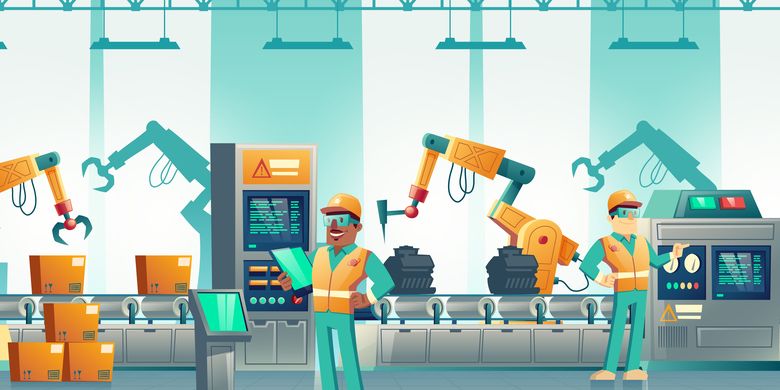As of now, Elon Musk’s Twitter purchase has been postponed for the time being. While Musk first wants to check how many of the Twitter accounts are authentic, investors are currently filing a shareholder lawsuit against the tech billionaire and against Twitter. The accusation: Musk saved money at the expense of shareholders by violating information obligations when buying Twitter shares. And while technical and financial issues are at the center of the negotiations, a political mudslinging is raging behind the scenes of the gigantic social media deal.
“The policy of a social media platform is good,
when the most extreme ten percent are on the left
and right side are equally dissatisfied”
Elon Musk tweeted forebodingly in mid-May: “The political attacks against me will escalate drastically in the next few months.” Being “explicitly political,” Musk counters, “I just wanted to vaccinate the public. As a prominent vaccine advocate, you should be able to understand that.” Then he tweets a much-quoted story: “Yale is the epicenter of the woken brain virus trying to destroy civilization.”
Just a day later, it was said that Elon Musk’s space company SpaceX had paid a flight attendant $250,000 to hush money: Musk allegedly stroked the woman’s knee in 2016 and offered her a horse in return for an “erotic massage”. The entrepreneur denies the allegation and describes it as a “politically motivated attack”. And in fact there is great resistance to the deal: With “Stop The Deal” an alliance of left-wing US organizations has even started a large-scale campaign against the takeover.
Spicy internals from Twitter employees
But the other side isn’t holding back either: The right-wing conservative investigative project “Project Veritas” published footage filmed with a hidden camera that shows high-ranking Twitter employees expressing spicy views in an intimate atmosphere.
One of the employees spied on reveals unashamedly: “Twitter doesn’t believe in freedom of speech. Elon believes in freedom of speech.” He later emphasized that he and his colleagues were “communist” and “super-left” – and only censored the right, but not the left. While the former called for tolerance, the latter needed censorship. He also doubted it Twitter employees that “both parties” could “coexist on the platform” at all.
Musk not a guarantor of freedom of expression either?
His statements could hardly stand in a more stark contrast to the views of Elon Musk: he represents a concept of freedom of expression that the German left, for example, likes to scorn as a “horseshoe”. “A social media platform’s policy is good when the top 10 percent on the left and the top 10 percent on the right are equally dissatisfied,” Musk tweeted in April. It is obvious that the tech visionary is orienting himself more towards the Gaussian distribution than towards the anti-totalitarian consensus of the Bonn Republic.
But the political implications are the same: the limits of freedom of expression should run along the extreme fringes. And it doesn’t end where subjective experiences of discrimination begin. Nevertheless, the battle over Twitter cannot be reduced to this: Rather, it is a feud in digital capitalism that has become neo-feudal. The liege sets the tone of the discourse, provides tailwind – Musk would do this just like the current Twitter leadership, just in his own way.
The print edition of the Tagespost completes current news on die-tagespost.de with background information and analyses.
–
–


